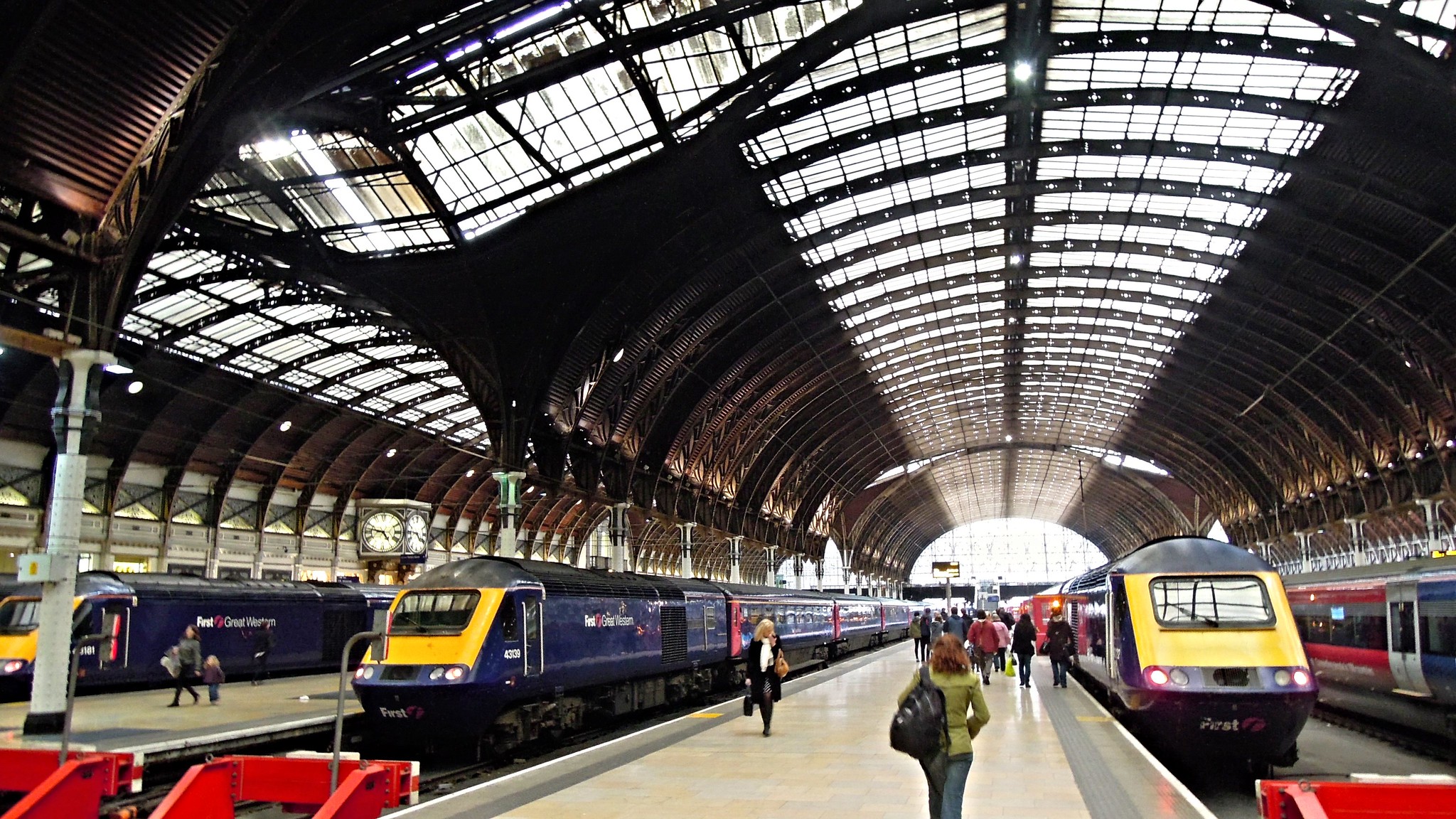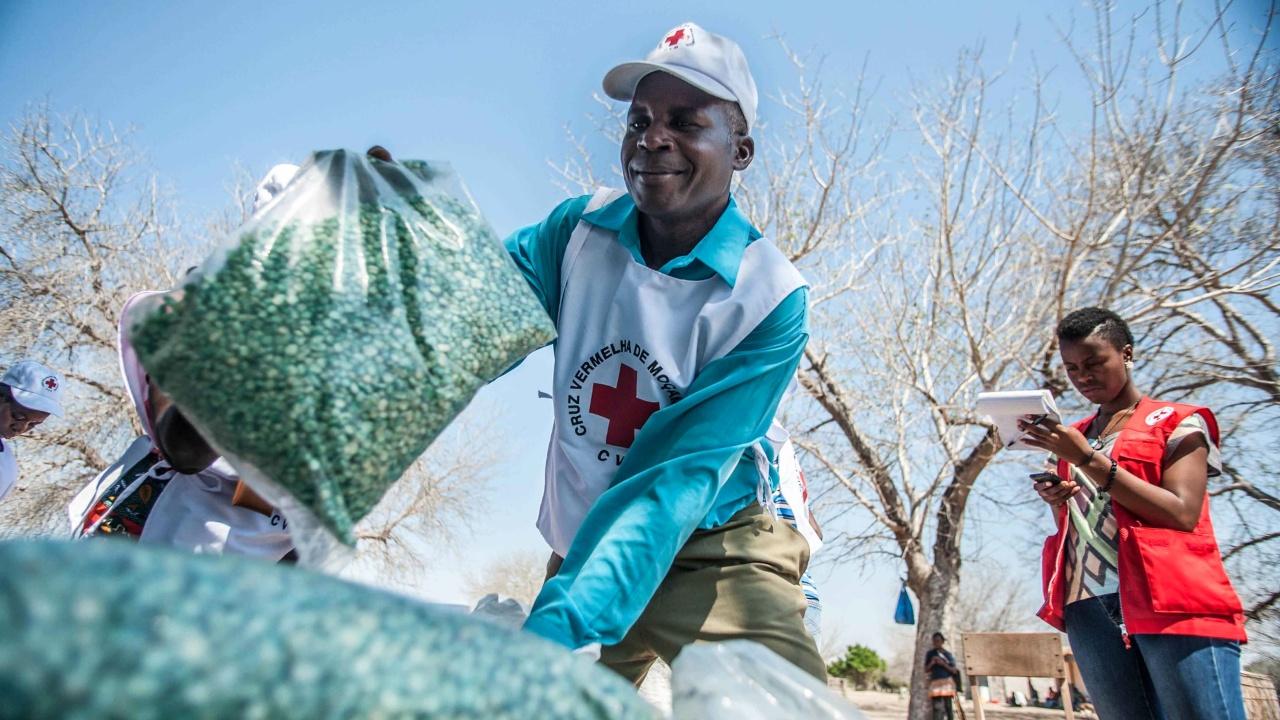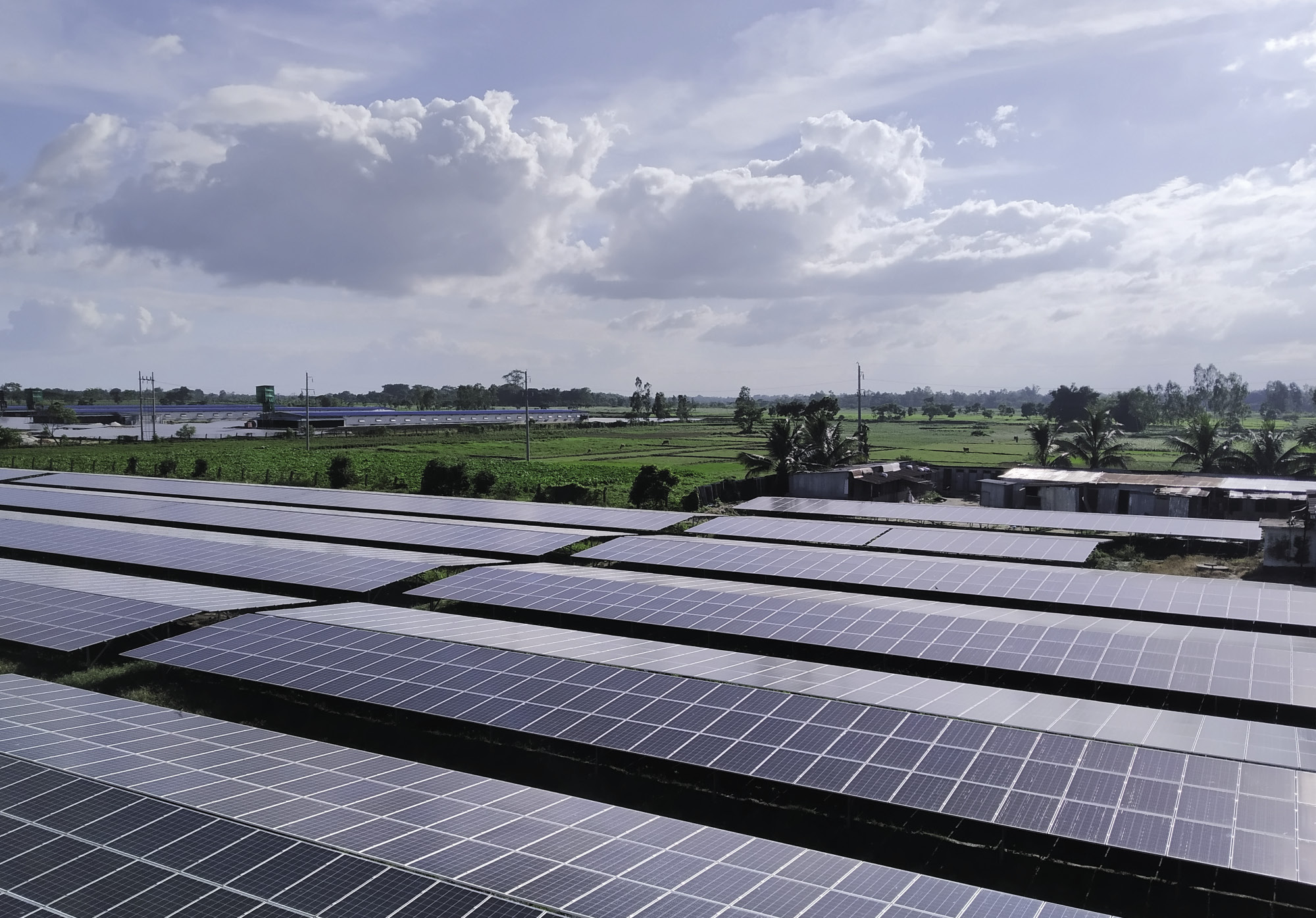In this article, MSc International Development and Humanitarian Emergencies candidate Johana Bretou-Klein highlights the role of resources and climate change in the ongoing conflict in the Western Sahara. Johana argues that considering and taking action on these issues is crucial to finding a peaceful solution to the conflict.

Often referred to as “Africa’s last colony” or the “largest prison in the world”, the Western Sahara has been a conflicted territory ever since Spanish colonization, and to this day “remains one of the oldest and one of the most neglected” conflicts. As new hostilities are rising, and the conflict is turning to a resource-based one, there is great potential for climate change to exacerbate grievances and to increase the conflict’s intensity. This should not be ignored.
Background to the conflict:
The conflict in Western Sahara started after an insurgency from the native Saharawi’s Frente Popular de Liberación de Saguía el Hamra y Río de Oro (Polisario Front) in 1973, which led to the withdrawal of the Spanish colonizing forces. Sovereignty over the Western Sahara was attributed both to Morocco and Mauritania in 1975. This forced 125,000 Saharawis to flee to neighbouring Algeria and to settle in the Tindouf region, where around 175,000 Saharawis still live to this day in harsh economic, environmental and social conditions. A war then erupted between the Polisario Front and Morocco and Mauritania, and multiple peace efforts emerged in the 1990s and 2000s, such as the UN peacekeeping and referendum mission (MINURSO), which failed to settle the argument between the Saharawis and the government of Morocco. Violence erupted again throughout the 2010s, over struggles of resource distribution.

Whilst the Polisario front now acts as a government-in-exile over the self-proclaimed Sahrawi Arab Democratic Republic (SADR), the question of sovereignty still has not been resolved, and neither has the conflict. In May 2019, the UN special envoy resigned, and hostilities began again in December 2020, derailing any potential solutions.
The role of resources in the conflict:
Whilst most conflict over resources in North Africa are emerging over the scarcity of resources such as water, the Western Sahara conflict has the potential to be revived over the presence of valuable resources. Worth over $500M, fisheries and phosphate found in the Sahara are creating new grounds for conflict in the region. Because of general scarcity and a “skyrocketing demand for both” resources, these reserves have “become a significant disincentive for Morocco to quit Western Sahara”. Morocco now not only has an ideological, but also an economic incentive to maintain its control over the territory, as “extending the territory through the Western Sahara is likely to increase the GDP”. Possible prospects of oil create a further disincentive on the Moroccan side to grant Saharawi autonomy over the territory, let alone self-determination and sovereignty.

Chanting slogans such as ‘the Saharawi people suffer whilst its wealth is looted’, and ‘our resources, we don’t see them, they don’t see us’, Saharawi protests denounce a process of environmental marginalization. Being largely excluded from both the exploitation and the revenues from the resources on their territories, this process of resource capture further exacerbates their grievances.
The role of climate change in the conflict:
By reducing global access to resources that are available in the Western Sahara, climate change will exacerbate the dynamics mentioned above. But it will also create new dynamics and grounds for Saharawi grievances.
Morocco’s plan for adaptation to climate change, the Plan Maroc Vert, rests on two pillars of sustainable use of existing resources and increasing use of renewable energies. As part of the first strategy, the Halieutis Plan was launched, aimed at a “sustainable use of resources and a reduction in the ecological footprint” of the fisheries sector. The plan relies on the development of the fisheries sector and of exploitation of this resource in Dakhla, which violates UN’s recognition of the Western Sahara as a “non-self governing territory”. This creates a new ground for the conflict, based on a legal footing, where Saharawis have a “favourable position under international law”. The Plan Maroc Vert also entails the Foum El Oued Wind Farm Project, which was under revision for UNFCCC funding, which follows a similar dynamic. These processes, which are part of Morocco’s adaptation plan to climate change, need to be taken into consideration for any possible solution to the conflict to happen.
Overall, climate change and adaptations to it reinforce and create new grievances for the Saharawi people in their claim for sovereignty. Lack of international interest in solving the conflict, and potential benefits from resources in the Western Sahara further obstruct potential international solutions. International groups, such as Crisis Group, are calling for UN re-engagement in the conflict.
It is paramount that dynamics of climate change are taken into consideration for a viable peace process to happen.
Link to Johana Bretou-Klein‘s LinkedIn here.
The views expressed in this post are those of the author and in no way reflect those of the International Development LSE blog or the London School of Economics and Political Science.





